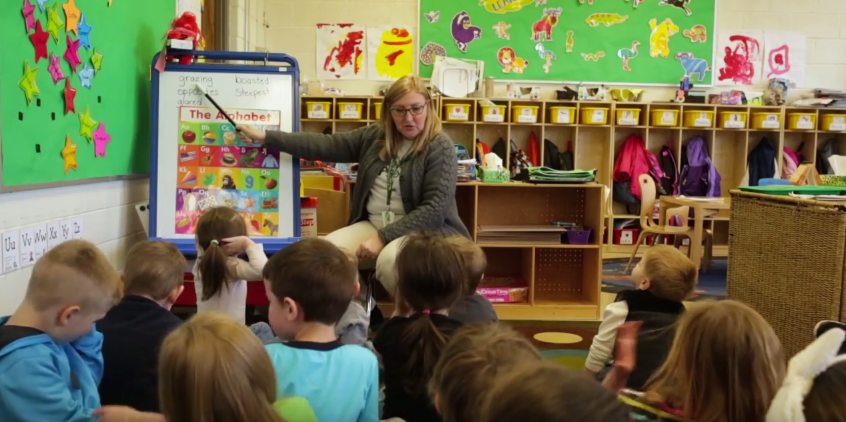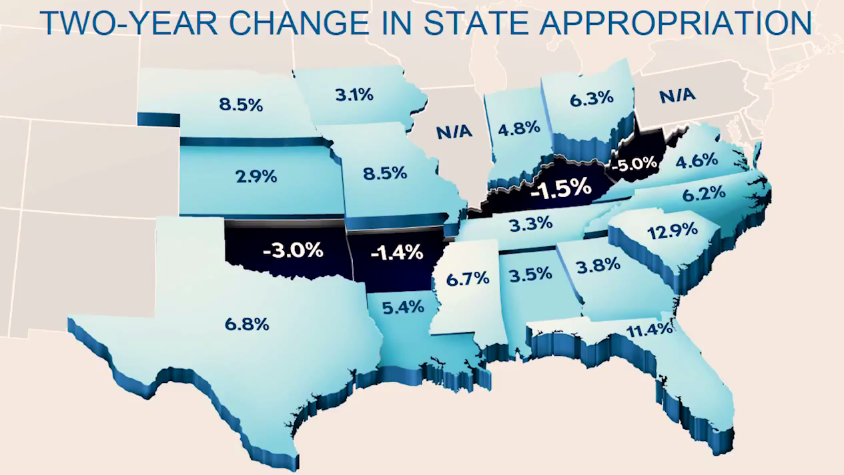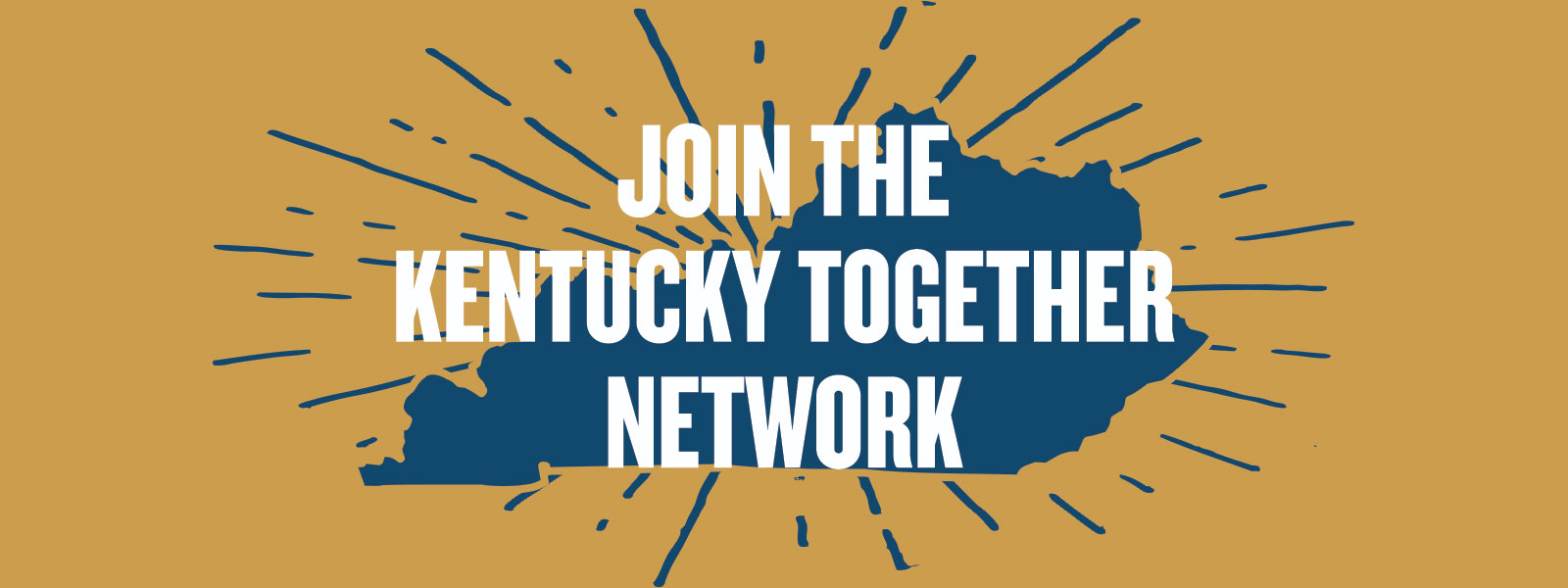April 5, 2016
April 5, 2016
Categories
For many Kentuckians, extra help is needed to thrive in their communities. One of the ways extra help is provided is through several different waiver programs, including the participant directed services program, which allows someone to have in-home care for daily activities. It allows adults to participate in their communities, instead of being housed in a nursing or group home setting. Other waiver programs also provide crucial supports, but all waiver programs have long waiting lists — meaning thousands of […]
March 23, 2016
March 23, 2016
Categories
Education in Kentucky is more than just hours of classroom learning with a lunch break in-between. Whether it’s early childhood education or after school programs, funding for healthy, thriving schools is more than just basic funding. Not all students come to school as prepared as their peers, creating the need for Family Resource and Youth Service Centers. And not every child starts on the same academic level, creating a need for after-school programs to catch up. Funding for these type […]
March 22, 2016
March 22, 2016
Categories
When it comes to building thriving communities, education is a cornerstone. And when it comes to education, the earlier a child can start learning in a school-like setting, the more successful they will be, research shows. Early childhood education helps the economy by generating jobs and economic activity, as well as savings from reduced public expenditures later in a child’s life. It helps parents by allowing them the freedom to work or go back to school to build the skills […]
March 7, 2016
March 7, 2016
Categories
Even as most states have begun to restore funding for higher education after cuts during the recession, Kentucky has continued to reduce funding. If the currently proposed budget is passed, funding will have declined 35 percent since 2008. Continued cuts will make it harder for the state to grow and attract businesses that rely on a well-educated workforce and put our thriving communities at risk. From students to university presidents, many are calling on additional investments in higher education, not cuts.






